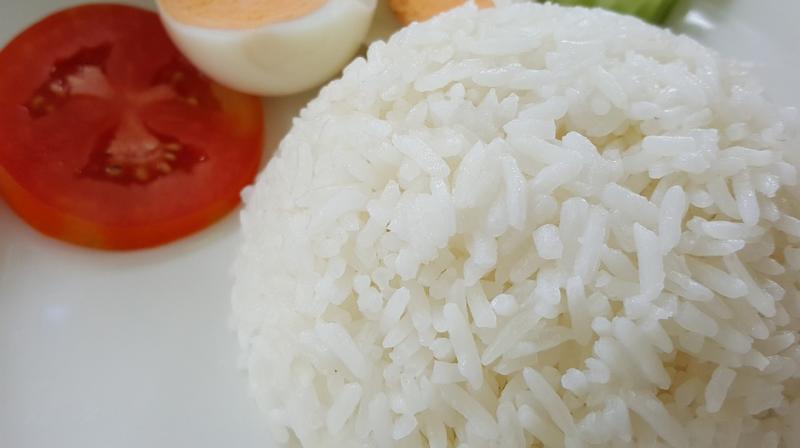New Delhi: What if we told you that rice has the potential of carrying arsenic and is more than hazardous to feed it to infants!
Arsenic, the 20th most common element in the Earth’s crust, can be absorbed naturally by plants from the soil and the potentially deadly toxin is also found in fossil fuel emissions, which can contaminate crops, reports The Independent. Researchers are becoming increasingly concerned by the potential health effects of low levels of arsenic in food.
While there is not enough to kill someone in the same way as the poison itself, it has been linked to cancer, heart and lung disease, diabetes, poor brain function in children, and a reduce immune system after extended exposure through diet.
Rice is particularly prone to the problem, partly because of the way it is often grown in flooded paddy fields, which increases the rate of absorption from the ground. Not all rice is affected – only crops grown in areas with high arsenic concentrations in the soil.
Infants are thought to be particularly at risk from arsenic in food, which is a problem as rice syrup is used in many products and some baby formula is made with rice.
Dr Keeve Nachman, of Johns Hopkins University in Baltimore, who was involved in an international research project looking at the risks and government policies about the issue, revealed at the American Association for the Advancement of Science’s annual meeting that his own children were not given rice when they were babies.
“I have two young children and I was in the process of working on various projects on dietary arsenic exposure [when they were born],” he said. “Knowing that rice can contain elevated levels of arsenic, my family chose to pursue other types of infant cereals.”
But he added: “We do have rice in our diet now.” Dr Nachman said it had been difficult to come up with a figure of how much arsenic it was safe to consume in food.
But he also said that “total avoidance” of dietary arsenic was “completely impossible”.




 Driving Naari Programme launched in Chandigarh
Driving Naari Programme launched in Chandigarh































